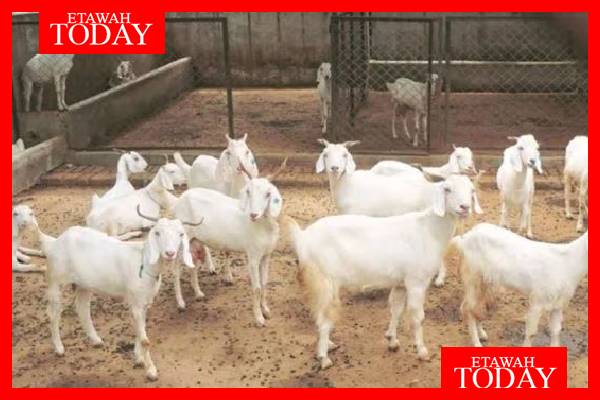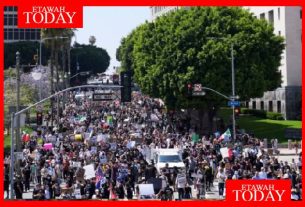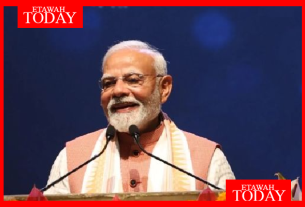King Mohammed VI Urges Citizens to Skip Ritual Due to Drought and Soaring Costs
In an unprecedented move, the North African nation of Morocco will forgo the traditional animal sacrifice during this year’s Eid al-Adha, following a royal directive issued by King Mohammed VI.
The monarch, who also serves as Morocco’s highest religious authority, called on citizens to refrain from slaughtering sheep, citing the nation’s deepening economic crisis and a prolonged drought that has severely affected the livestock sector.
“Performing it in these difficult circumstances will cause real harm to large segments of our people, especially those with limited income,” the King announced via a televised statement earlier this year. He added that he would perform the ritual on behalf of all Moroccans.
Six-Year Drought Cripples Livestock Population
Morocco has faced a six-year-long drought, leading to a 38% decline in sheep herds since 2016. The shortage of livestock has pushed prices sky-high — a single sheep sold for nearly $600 (₹51,000) last year, far above the national minimum monthly wage of $324 (₹27,800). As a result, over 55% of Moroccan households have found it difficult to afford sacrificial animals, according to a survey by the Moroccan Centre for Citizenship.
To ease the burden, the government eliminated import duties and value-added tax on livestock in the 2025 budget, but challenges persist.
Not the First Royal Intervention
While the King’s directive is rare, it’s not without precedent. His father, King Hassan II, suspended the Eid al-Adha sacrifice three times — during periods of war, drought, and under IMF-imposed austerity in the past.
Morocco remains a deeply religious country, with over 99% of the population identifying as Muslim, and one of the highest red meat consumption rates in Africa. The decision reflects the balancing act between religious tradition and economic hardship.





